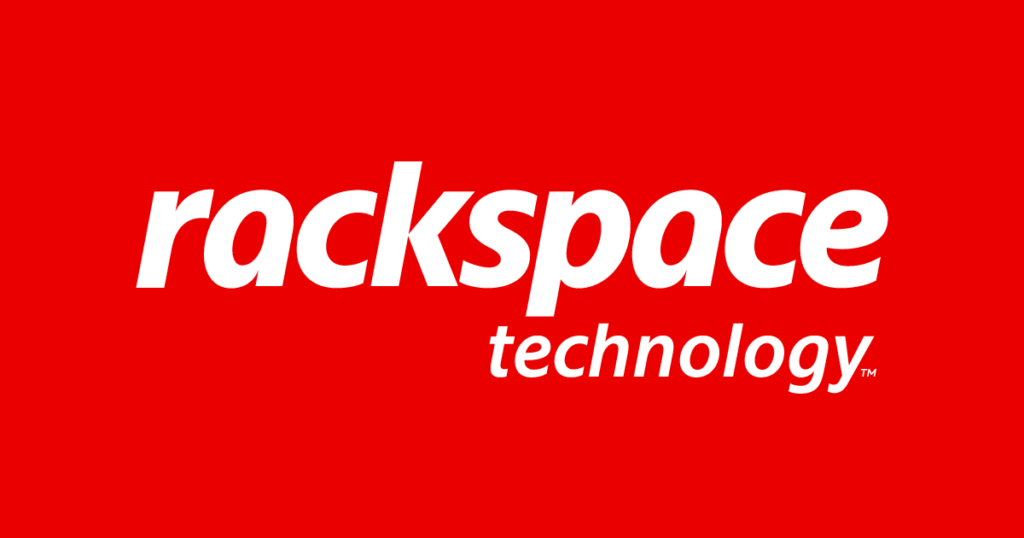How to Set Up DKIM for Rackspace?

DKIM is specified in RFC 6376, and it is used by a number of email service providers, including Google, Yahoo, and Microsoft. DKIM is designed to address some of the flaws in the existing email system, such as spoofing, phishing, and message tampering. It allows email senders to digitally sign their messages in a way that can be verified by email receivers. This allows receivers to verify that the message truly came from the sender, and has not been tampered with.
Steps to Configure DKIM for Rackspace
- Open the Cloud Office Control Panel and log in.
- On the Home Page’s Domains section, click the Sender Authentication (DKIM) link.
- On the Sender Authentication (DKIM) page, choose the domain that needs DKIM authentication enabled.
- Click “Enable DKIM”

- Copy the DKIM key pair that was generated to the clipboard.
Steps to publish DKIM key through DNS:
- Access your DNS administration interface.
- Generate a TXT record in your DNS called “._domainkey” with the following format: s1._domainkey.yourdomainname.com
- The DKIM public and private key pair will be delivered by Freshservice upon request. Paste the copied contents of the DKIM public key in the box designated for the TXT record value.
- The DKIM public and private key pair will be delivered by Freshservice upon request. Paste the copied contents of the DKIM public key in the box designated for the TXT record value.
- Click “Save.”
- To confirm that all of the DNS settings are accurate, return to the Sender Authentication (DKIM) page and click “Verify TXT record.”
Use our free DKIM record lookup tool to validate the published DKIM record.
Enable DMARC for your domains to protect against spoofing. Sign up for a free trial today!
For more information on Rackspace DKIM setup, you can refer to their reference documentation





